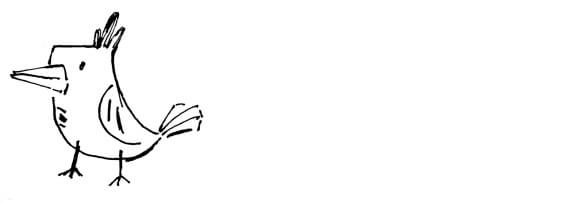May 03, 2021 | by Budi Tanrim
Self-learning
It’s possible.
We learned how to walk when we were an infant. No one taught us to do that. It runs deep in our DNA. But how can we learn while we work?
There is a inquiry-based learning. This is my version:
Create an open-ended question. It’s better to learn with a specific question you have in mind. Last week I asked: how can people diverge and produce creative ideas? You can go super open-ended like this when you have zero ideas about the topic.
List down some hunches. If you have enough knowledge or experience on a certain topic, you might have gut feelings. Write them down. But be ready to be wrong, consider the opposing viewpoints. Be open-minded.
Set realistic expectations. If your question is simple, like, “When was Indonesia declared independence?” You can get the answer quickly these days. But if you have an open-ended high-order question, set an expectation that you will wrestle with this question for weeks or months. If you set a wrong expectation, you will be more likely to be stressed out when it takes you longer to figure it out.
Collect the information and data. When you read a book or an article, remember that each author has their own biases and viewpoints. Use Socratic questioning:
- Clarification – “What do you mean by…?”
- Probing evidence – “Why do you think this is true?”
- Implications and consequences – “What effect would that have?”
- Different viewpoints – “What would be an alternative way to see this?”
- Questioning the original question – “What was the point of this question?”
Reflect. What does it mean to your context? Always contextualize the information you have to your condition. When you take notes, don’t copy the source. Write it down with your word and understanding.
Experiment whenever possible. Remember, see your life as an experiment.
Let us be curious. Don’t be afraid of not knowing. It’s super fun.

Hi, this blog is no longer active. I move to substack. You can subscribe below or go to newsletter.buditanrim.co



